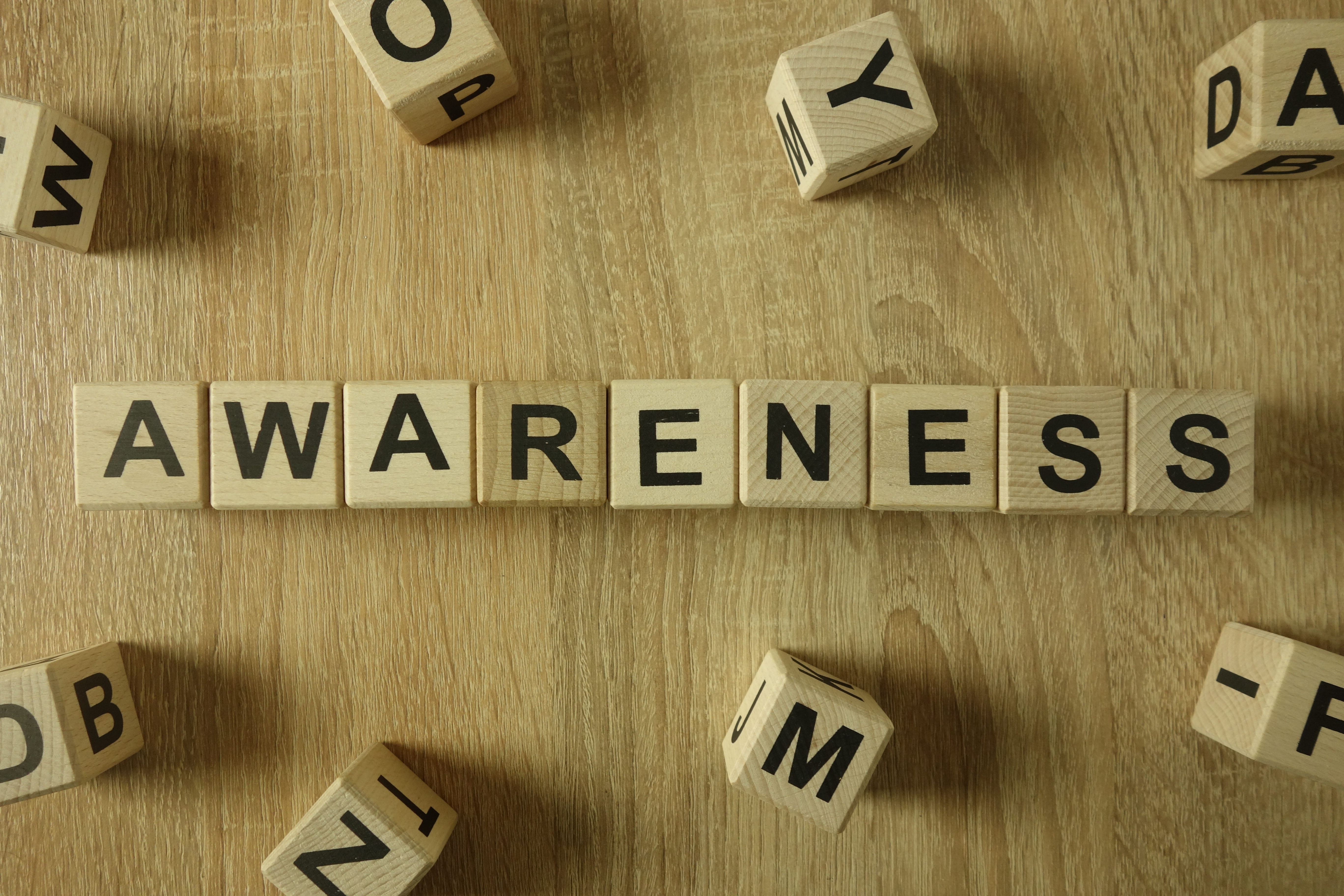No one starts out their childhood dreaming of growing up and becoming a victim of domestic violence. The epidemic is indiscriminate across gender, age, and socioeconomic status. Regardless of what victims are trained to believe, nothing they did or didn’t do caused the violence, but those suffering long term abuse have a hard time believing that. After all, they’ve been beaten down psychologically to remove that instinct.
In 2017, Georgia ranked tenth for women killed by men, and the majority of the homicides were the result of domestic violence committed by men against their wives or other intimate partners.
Domestic violence is a trap
Something few people understand is how someone winds up a victim of domestic violence to begin with. It seems logical that if someone hits you that you’d want to avoid them rather than give them your attention. That’s the problem; there is no logic for the victim because he or she is slowly experiencing psychological trauma that makes even the most stable person question themselves.
These relationships rarely begin with abuse. The aggressor may seem like the perfect mate who’s charming, considerate, and caring, especially in front of your friends or family. Gradually there’s a shift where the victim is manipulated into focusing all his or her time on his or her romantic partner. To others it can appear as if the couple just has a strong, loving relationship when isolation has taken hold to allow for the abuse to begin. The more isolated a victim becomes, the more dangerous the abuse can get because the abusive partner feels safely in control. By the time your victimized loved one realizes what’s happening, he or she is already trapped in a situation where the slightest perception of disloyalty can create a deadly episode of abuse.
Survivors of domestic abuse may face unfair, additional scrutiny
It’s the question on the minds of most people when they hear about an abuser’s lengthy history of tormenting his or her romantic partner. Why did you stay? How many times have you heard after a victim is killed that friends and family had no idea anything was wrong? Often, no one outside the relationship picks up on the abuse making it harder for the victim to get out because he or she is going through it alone.
Reasons your victimized loved one may stay:
· The victim may fear the violent partner killing him or her, their children, or pets
· Isolation limits outside access to help
· Fear of losing children in a custody battle
· Being afraid the abusive spouse will follow through on threats to other family members
· Having no ability to financially support himself or herself after leaving
· Psychological damage causing a victim to believe he or she needs the abusive partner
Getting out is possible
A regular hurdle to victims having the ability to obtain help is that friends, family, and others either rarely know the abuse is occurring, or feel as if they’re interfering in something that isn’t their business.
Subtle signs to gauge whether your loved one might be abused:
· Appears to fear his/her partner or is anxious to please him/her
· No longer sees friends or family, or hangs up when his/her partner is nearby
· Is subject to criticism or humiliation in front of others
· Discloses that his/her partner pressures or forces him/her into sexual activity
· Lacks financial control, or offers excuses about why he/she cannot access or spend money
· Undergoes stark changes in personality (either abruptly or over time)
· Offers odd explanations for injuries
· Children act out, or appear withdrawn or anxious
· Won’t leave children with his or her partner
· Changes in clothing, hygiene, or physical appearance
What you can do to help your loved one get out
· Listen with an open mind
· Come from a place of belief, instead of skepticism
· Offer financial assistance (if possible)
· Help prepare a safety plan, including an escape bag with necessities, and a safe word signaling immediate danger telling you to call for help
· Help with childcare
· Offer to get information from a family law attorney about filing an Order of Protection
Helping victims leave dangerous domestic violence situations is invaluable and may save a life. If you or a loved one is living in fear, let our compassionate and knowledgeable staff help by offering the legal support that you need to become safe. Our experience will provide you with the tools needed to protect you and your children from continuing to exist in a dangerous relationship. Schedule a consultation today with Cam Law by calling our office at 770-608-2890, or we invite you to reach out to us through our contact page.



